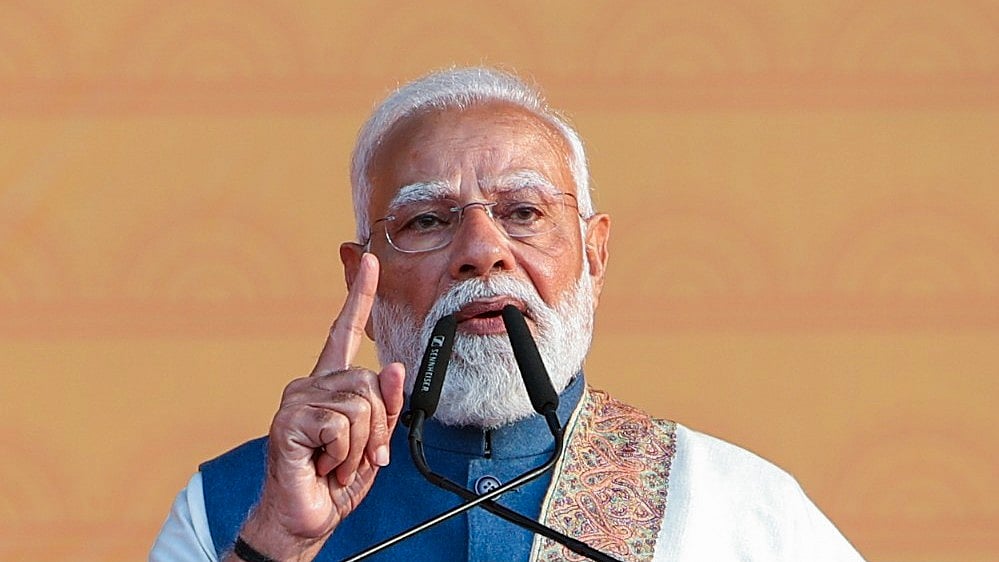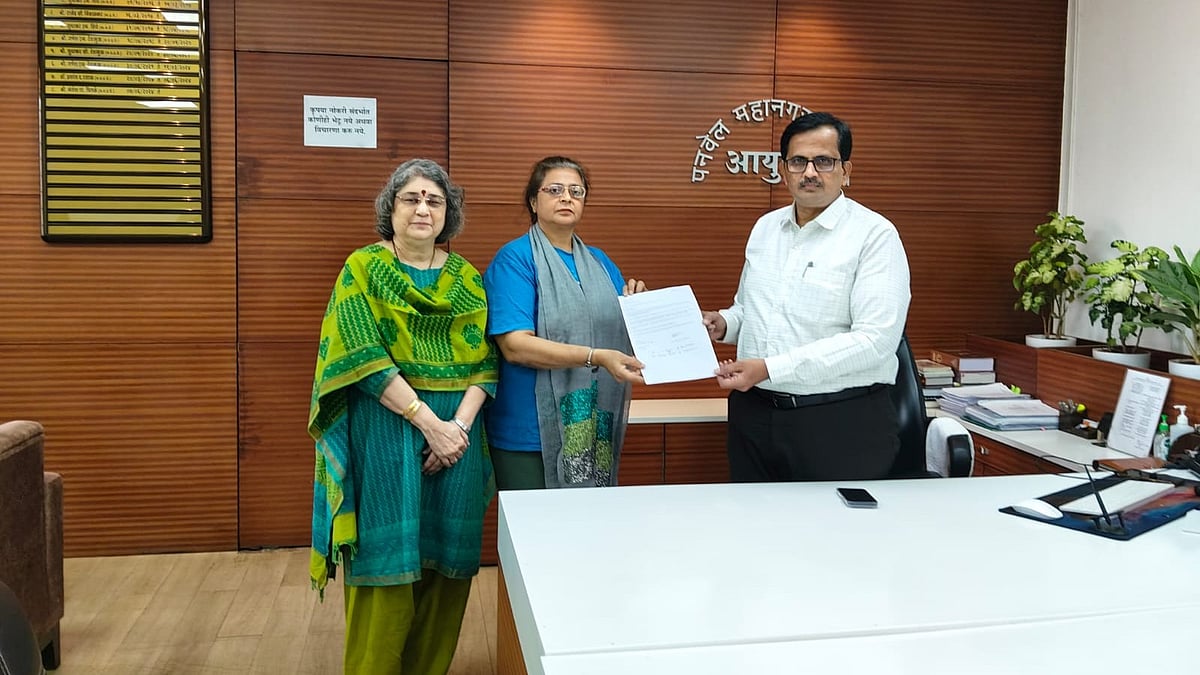Mumbai: The Bombay High Court has dismissed a petition seeking declaration of Hindi as the official language of the country.
A bench of Acting Chief Justice Bhushan Dharmadhikari and NR Borkar held that the Union government alone cannot decide as to what should be the official language of the country. It said that states play an important role in deciding what must be the official language for the nation.
“The Union cannot exist without states and the states have to, therefore, form an important part of the consideration when the language of Union is to be looked into,” the bench held.
The judges were dealing with a plea filed by Rashtrabhasha Mahasangh challenging the constitutionality of the Official Languages Act, 1963.

This Act has made English the official language of the Union government for a period of 15 years and the same is extended from time to time. As per this law, Hindi can be made an official language only after every state approves the proposal and the same is further approved by Parliament. For this, every state in India will have to adopt Hindi as its official language.
According to the Mahasangh, the provisions of the Act that give primacy to legislatures of all states in giving up English as the official language is unconstitutional. It argued that in the affairs of the Union the states or its legislatures must have no role.
However, the bench held that states do play a major role in finalising the official language. “Keeping this factor in mind, we, therefore, do not find anything unconstitutional in the Official Languages Act, 1963,” ACJ Dharmadhikari ruled.
“The law is well within the competence of Parliament. A law made by Parliament can be challenged on limited grounds and none of such grounds is being pressed in, by the Mahasangh,” the bench noted.
The bench also observed that the Constitution empowers the legislatures of the states to adopt any one or more of the languages in use or Hindi as the language for official purposes.
“It is, therefore, obvious that in so far as affairs of states are concerned, the states have been given supremacy to decide which language is to be used by them. No law in any way interferes with that supremacy,” the bench ruled.
“We, therefore, find no case made out and, accordingly, the petition is dismissed,” the bench added.








